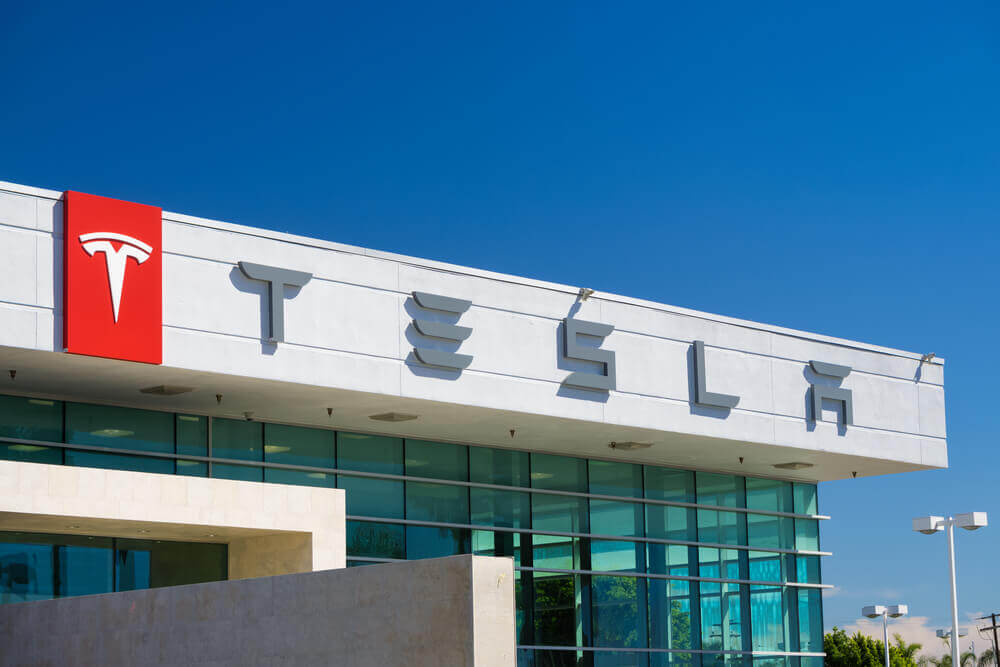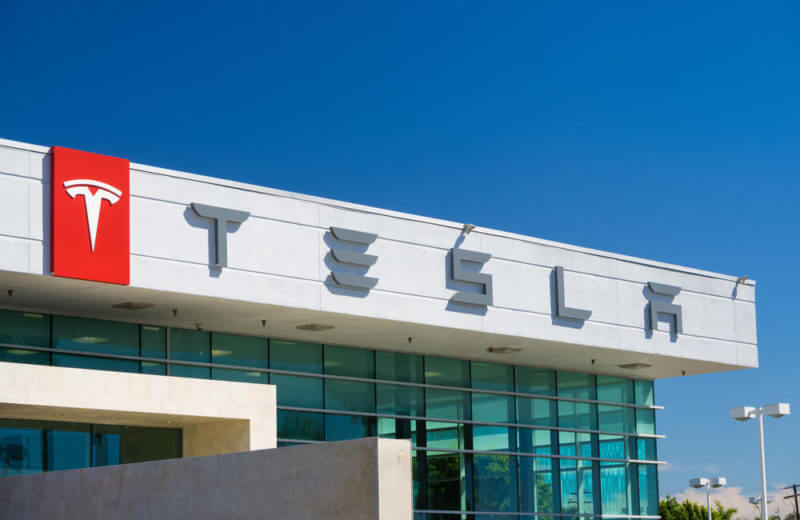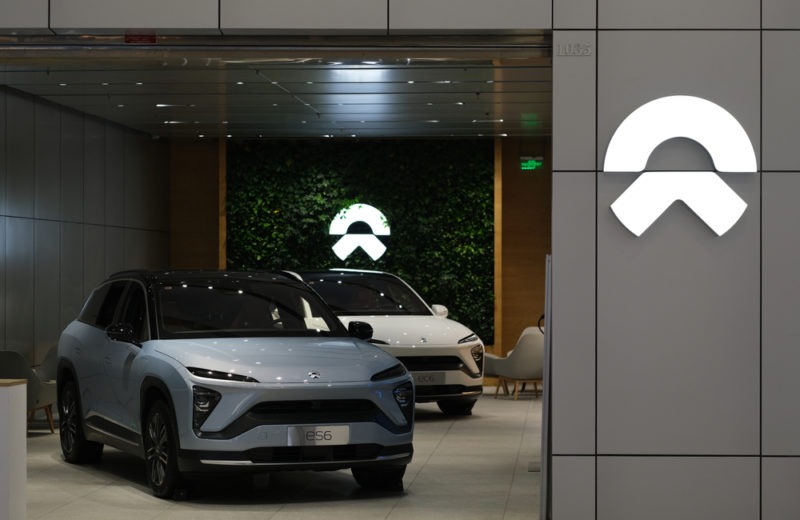Key Points:
- EU Tariff Increase on Chinese Electric vehicles: Expected to rise from 10% to potentially 25-30% by July 4, with a risk of 30-50%.
- Global Tariff Trends: The US raised tariffs on Chinese EVs to 100%, and Turkey set a 40% tariff.
The European Union (EU) is considering implementing significant tariff changes on Chinese electric vehicle (EV) imports. These changes are part of a broader strategy to protect its burgeoning EV industry from what it perceives as unfair competition. This article delves into the various events and decisions that have shaped the EU’s current stance, including recent election outcomes, investigations, and global tariff trends.
EU Tariffs on Chinese Electric Vehicles to Rise from 10% to 25-30%
Expected to be announced this week, the EU’s new tariff rate plan aims to address the influx of low-priced, subsidised Chinese EVs. Currently, the standard duty on these imports stands at 10%. However, a new tariff, set to take effect on July 4, is anticipated to increase this rate significantly. Analysts from Citi estimate that the new tariff could range between 25% and 30%, with a 40% probability of a risk scenario where tariffs could soar between 30% and 50%. Anthony Sassine offers a slightly lower estimate, predicting a range of 10% to 20%, with a high-end estimation of 20%.
EU Investigates Chinese EV Subsidies: Economic Threat
In October, the EU investigated Chinese EV subsidies, alleging that these subsidised imports posed a significant economic threat to the EU’s EV industry. The investigation is critical to the EU’s broader strategy to ensure a level playing field for its manufacturers. The findings of this investigation are likely to underpin the rationale for the impending tariff increases.
Global Tariffs on Chinese EVs: US 100%, Turkey 40%
The EU is not alone in its efforts to counter the influx of Chinese EVs. In May, the United States dramatically increased its tariffs on Chinese EV imports from 25% to 100%. This decision, driven by concerns over market flooding, was spearheaded by U.S. Energy Secretary Jennifer Granholm. Similarly, Turkey imposed additional tariffs on Chinese vehicle imports on June 8, setting a new rate of 40%. These global tariff trends reflect a growing apprehension about the competitive practices of Chinese manufacturers.
Chinese Electric Vehicles Makers Expand in Europe Despite Tariffs
Chinese EV makers have expanded their presence in Europe despite these regulatory hurdles. In recent months, companies like Xpeng and BYD have showcased their latest models, while NIO opened a showroom in Amsterdam last month. BYD also announced a new factory in Hungary, set to enhance its regional production capabilities. In April, Chery also formed a joint venture with Spain’s Ebro-EV Motors to develop new EVs. These expansions indicate that Chinese manufacturers remain undeterred by the ongoing probes and potential tariff increases.














